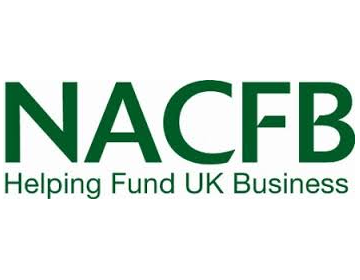Stamp duty
Buyers can currently save up to £15,000 on the purchase price of their property, but there could be a downturn in sales when the holiday and furlough support both come to an end in March.
Colley, who has worked in financial services for over 20 years, says people thinking of moving should recognise the time constraints and take action while the market is strong.
The average house buying process can take at least 12 weeks and involves several parties, including lenders, solicitor and mortgage advisors.
“Now is the time to do your homework, make sure the relevant paperwork is in place and look to appoint the necessary people,” he advises.
Covid hits income
Colley recognises some people may be struggling to pay their current mortgage. “It helps to know your options so that you have a plan – rather than mounting fear and anxiety. Speak with your lender straight away and they can take steps to help you,” he says.
Some people have lost their jobs due to Covid or have been placed on furlough, posing a risk to mortgage lenders and limiting their options.
Colley explains: “Rates may be slightly higher but there are still attractive options. We have found that lenders want to retain and support customers and are being flexible in the current circumstances.”
Borrowers impacted by coronavirus can take a six-month mortgage payment holiday. People who have already started a mortgage holiday will be able to top up to six months without this being recorded on their credit file.
Mortgage holiday
For every month that is taken off from making payments, the size of debt increases by that amount, along with interest for that time period.
Colley’s calculations show if a three-month holiday was taken for a loan of £222,000 with 23 years remaining, the balance would rise to around £225,000 after the holiday and a further £1,400 in interest.
He says: “There is a short-term gain, but there’s also some long-term pain, and you need to ask yourself if it’s worth it.”
“If you are struggling to pay your mortgage at this time, then such a holiday is likely to be the better option. The effect on your monthly repayments will be relatively small, but costs increase over the lifetime of your mortgage.”
Repossession
Colley believes repossession is likely to be a last resort for a lender. “People may see lenders as a faceless body, and there’s a misconception that lenders are looking to repossess their house straight away. But in our experience, they generally want to help their customers.”
“Lenders want to lend money and make interest. It’s not good business to repossess homes, which leads to fees and hassle. If you speak to them early on, they can look at your options.”
Options may include taking a mortgage holiday, reduced capital or interest-only payments for an agreed time or an extension on payments.
It may also be possible for some people to downsize and pay for the next property with cash if they have enough equity. Taking out another mortgage, even for a smaller amount, would involve meeting certain criteria.
Buy-to-let
Colley, who has a quarter of his customers managing buy-to-let properties, says the current market may be best suited to those looking to make a long-term investment.
He adds: “The buy-to-let market is not for everyone. Those with portfolios and funds in reserve are looking to make money back in 10 to 20 years. Buy-to-let is not suited to the risk-averse or those looking to make money in one to two years.”
According to Colley, those with savings may be better off paying part of their mortgage, as opposed to putting money into savings products, which currently offer a lower return on interest rates.
He concludes: “Investing in property could be problematic if you think your income is at risk in future. Paying off more of your mortgage, if possible, could be a safer route to take.”






















Join the conversation
Be the first to comment (please use the comment box below)
Please login to comment